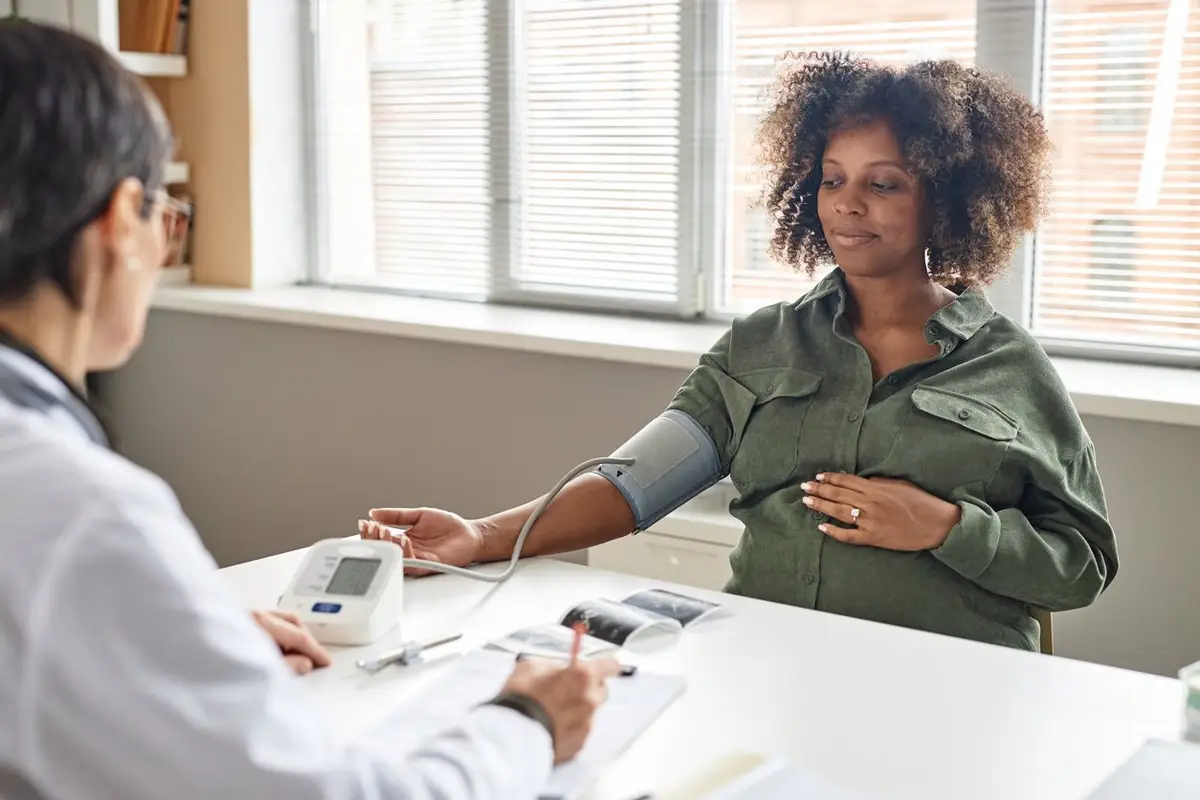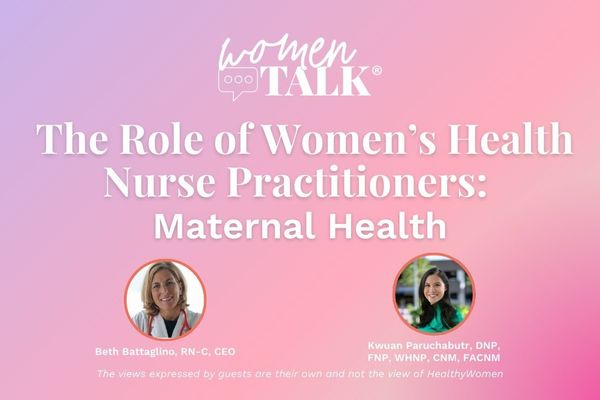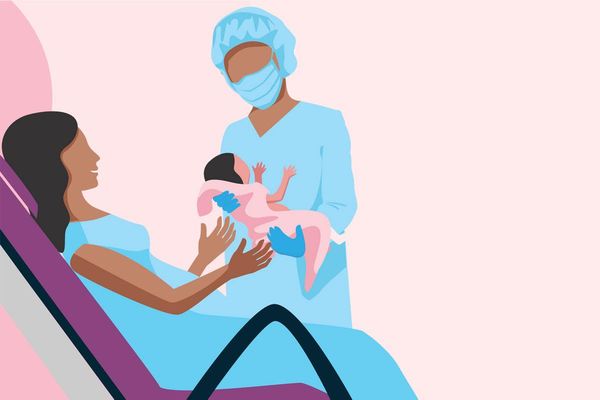Morning sickness, exhaustion, weird food cravings, mood swings, and a super sensitive sense of smell (not a super power, trust me).
If you’ve ever been pregnant — or in the vicinity of a pregnant person — you probably recognize these as pretty typical pregnancy symptoms. And, while annoying, they’re usually nothing to worry about.
But there are some pregnancy symptoms that may be cause for concern and possibly even a sign of a pregnancy-related condition called preeclampsia — and it’s important to know what they are, so you can alert your healthcare provider (HCP) ASAP.
What is preeclampsia?
Preeclampsia is pregnancy-related high blood pressure. Sometimes it occurs with protein in your urine and it can also sometimes affect your organs — usually the kidneys or liver.
It can happen to any woman or person assigned female at birth, and it usually occurs after 20 weeks or pregnancy and can also happen up to six weeks after giving birth. And it's a serious disease that can lead to maternal or infant death if it’s not treated. In fact, preeclampsia is the leading cause of maternal and infant illness and death around the world — accounting for more than 70,000 maternal and 500,000 infant deaths globally each year. And preeclampsia affects Black women more often — and with worse outcomes — than white women.
Recognizing the signs of preeclampsia
Preeclampsia can develop gradually or come on suddenly — but getting treated quickly is important to ensure the best outcome for mother and baby. That’s why it’s so important to know what to look for.
Having symptoms doesn't necessarily mean you have preeclampsia, but if you’re pregnant and have any of the following symptoms, contact your HCP right away:
- Swelling of the hands and face
- Shortness of breath
- Gaining more than five pounds in a week
- Severe or persistent headache that doesn’t go away with medication
- Vision changes, like seeing spots, flashing lights or any loss of eyesight
- Nausea or vomiting, especially after your morning sickness has gone away
- Pain in your upper right abdomen, usually under the ribs
A note about swelling: The majority of pregnant women have some swelling during the summer, but call your HCP if it increases significantly, especially if you’re having any of these others symptoms along with it.
Some women don’t have any symptoms of preeclampsia, and the only way to know is for your HCP to monitor your blood pressure and urine. So that’s just one more reason to keep all of those prenatal appointments — which actually is a super power if you ask me.







